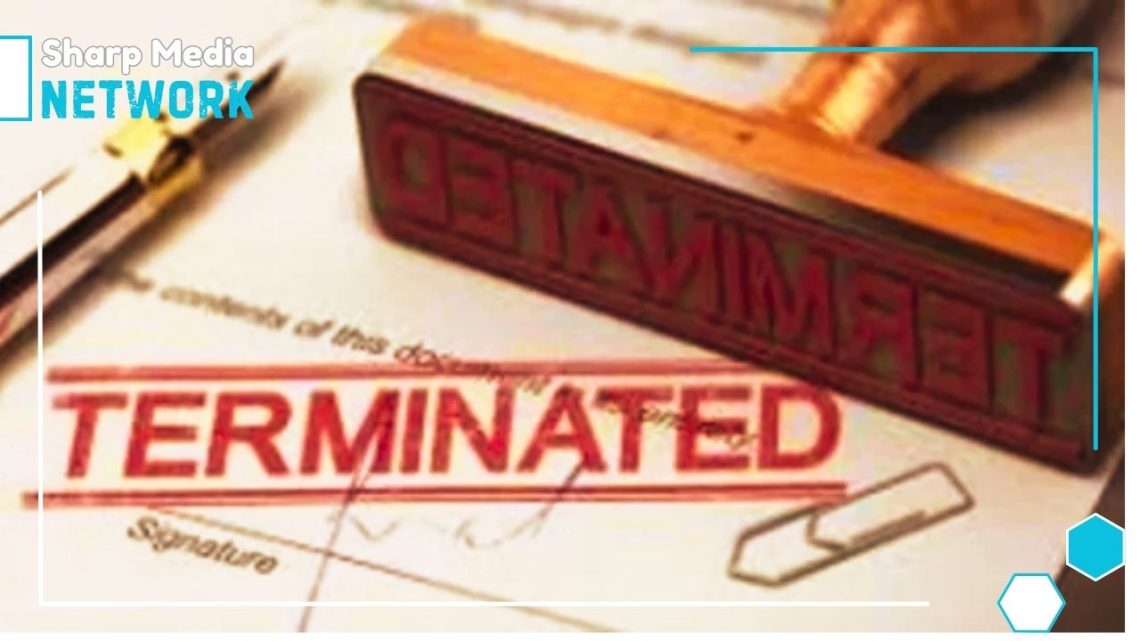
Unchecked Terminations Reflect Authoritarianism in IIOJK
December 1, 2024 Off By Sharp MediaIn Indian Illegally Occupied Jammu and Kashmir (IIOJK), the authoritarian streak of the administration continues unabated, as government employees are arbitrarily dismissed without due process or legal recourse.
Senior All Parties Hurriyat Conference (APHC) leader Mirwaiz Umar Farooq has strongly condemned the latest dismissals by the region’s Lieutenant Governor (LG). In a post on X, he criticized the decision to terminate two government employees under flimsy allegations of “terror links.”
Highlighting the plight of those affected, Mirwaiz lamented that families have been rendered destitute on the eve of harsh winter. “Punishment and fear remain the trademarks of this authoritarian regime in IIOJK,” he stated, denouncing the ongoing injustice.
The recent victims of this punitive policy are Abdul Rehman Naika, a pharmacist in the health department, and Zahir Abbas, a school teacher. Their removal, like many others before, was facilitated under Article 311 (2)(c) of the Indian Constitution, which bypasses legal safeguards.
The provision allows for termination without inquiry in the name of national security, but its misuse has become routine in Kashmir. Over the years, dozens of government employees have been dismissed under this draconian clause, creating a culture of fear and repression.
Mirwaiz demanded immediate reinstatement of all terminated employees and urged elected leaders to intervene against the unjust policies enforced by the LG’s administration. However, with no democratic structure in place since 2019, such demands seem destined to fall on deaf ears.
These arbitrary dismissals are part of a broader agenda to marginalize the Kashmiri people economically and socially. The Hindutva-driven regime has weaponized constitutional provisions to advance its narrative of control, undermining the region’s dignity and rights.
This approach reflects a systematic effort to dismantle the socio-political fabric of IIOJK. By depriving families of livelihoods, the administration is not merely punishing individuals but collectively targeting a community to instill fear and submission.
The invocation of Article 311 (2)(c) for mass dismissals exposes the undemocratic nature of the governance in IIOJK. This tool of repression reinforces the colonial approach to crush dissent and eliminate avenues for Kashmiri voices.
The global community must wake up to this gross injustice. These targeted actions against government employees are emblematic of the broader oppression in IIOJK. If unchecked, they will set dangerous precedents for eroding democratic norms and human rights in the region.

